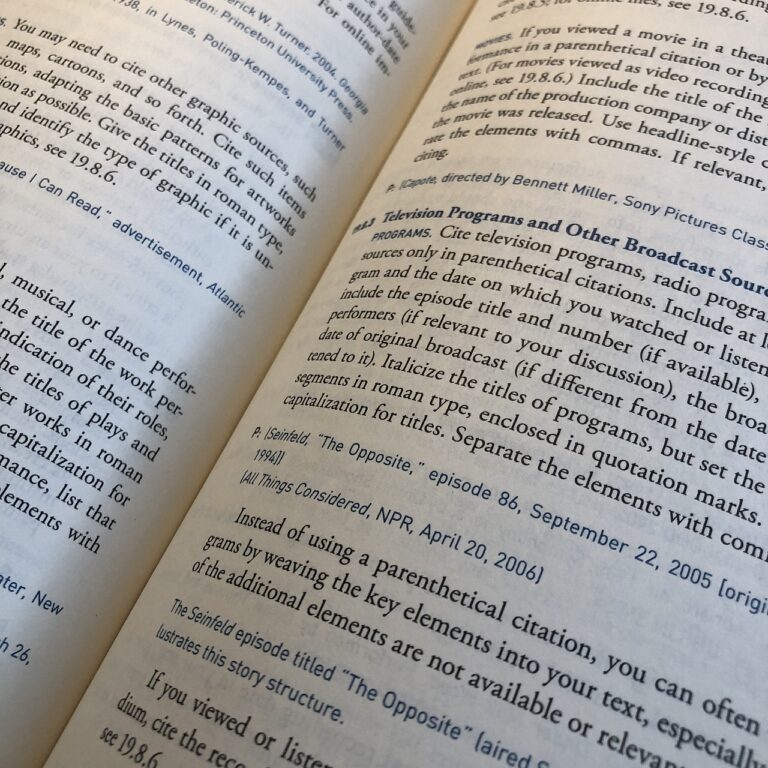Exploring the Role of Blockchain in Education Credentials
With the rise of digitalization in every sector, education is also expected to evolve to meet the demands of a more interconnected world. Blockchain technology has emerged as a promising solution to revolutionize how education credentials are stored, verified, and shared. By decentralizing the verification process and creating a tamper-proof system, blockchain can enhance the trust and efficiency of credential verification.
Moreover, blockchain technology offers the potential to create a more accessible and transparent ecosystem for education credentials. With blockchain, individuals can have real-time access to their credentials, eliminating the need for traditional manual verification processes that are often time-consuming and prone to errors. This digital transformation in credential verification could lead to a more streamlined and secure approach to managing education qualifications.
Understanding the Benefits of Using Blockchain for Verifying Education Credentials
Blockchain technology offers a revolutionary solution for verifying education credentials, providing increased security and transparency throughout the process. By storing academic records on a decentralized ledger, individuals can easily access and share their credentials with institutions or employers, eliminating the need for third-party verification services. This not only streamlines the credential verification process but also reduces the risk of fraudulent activities associated with traditional paper-based systems.
Moreover, blockchain technology enhances data integrity by ensuring that education credentials are tamper-proof and cannot be falsified. With each transaction recorded in a secure and immutable blockchain network, the authenticity of academic certificates and diplomas can be verified instantly, eliminating the possibility of counterfeit credentials circulating within the educational system. This increased level of security instills trust in the validity of education credentials, ultimately benefiting both the individuals holding the credentials and the institutions requiring verification.
Exploring How Blockchain Can Enhance the Security of Education Credentials
Blockchain technology holds the promise of revolutionizing the security of education credentials by providing a decentralized and immutable way to store and verify information. Through the use of cryptographic hash functions, each educational credential is securely recorded on the blockchain, making it nearly impossible for unauthorized parties to tamper with or falsify the data. This transparent and tamper-proof nature of blockchain technology ensures that education credentials can be verified with a high degree of trust and certainty.
Moreover, the use of smart contracts in blockchain technology further enhances the security of education credentials by automating the verification process. Smart contracts are self-executing contracts with the terms of the agreement directly written into code. By leveraging smart contracts, educational institutions and employers can securely and efficiently verify the authenticity of education credentials without the need for intermediaries, reducing the risk of fraud and human error in the verification process.
What is blockchain technology?
Blockchain technology is a decentralized, distributed ledger system that securely records transactions across multiple computers in a way that is transparent and cannot be altered retroactively.
How can blockchain technology enhance the security of education credentials?
By utilizing blockchain technology, education credentials can be securely stored and verified, ensuring that they cannot be tampered with or falsified. This helps to combat issues such as credential fraud and misrepresentation.
What are some benefits of using blockchain for verifying education credentials?
Some benefits include increased transparency, elimination of third-party verification processes, reduced costs, and improved efficiency in credential verification processes.
How does blockchain technology improve the overall integrity of education credentials?
Blockchain technology creates a secure, tamper-proof record of education credentials, making it easier to verify the authenticity of a person’s qualifications. This helps to maintain the integrity of the education system.
Are there any potential challenges to implementing blockchain for education credentials?
Some challenges may include the need for widespread adoption of the technology, addressing privacy concerns, and ensuring interoperability with existing credentialing systems. However, these challenges can be overcome with proper planning and implementation strategies.







